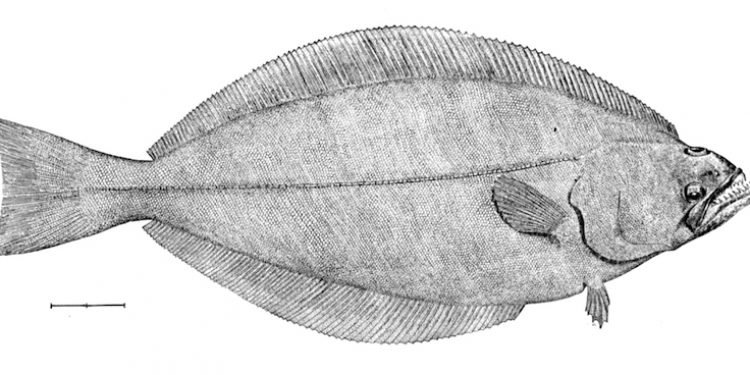This week an international group of scientists arrive in Greenland to examine the sustainability of Greenland’s halibut fishery. The assessment is part of the MSC certification process for the fishery and the Greenland hopes to be MSC certified in early 2017.
The fishery has sparked international interest with key markets in Japan (25,000 tonnes per year) and China (30,000 tonnes per year, much of which is processed and exported). Most of these are whole fish, frozen at sea.
In Europe, around 450 tonnes of halibut are imported to The Netherlands, much of which is then exported across the EU. French retailer Picard travelled to Greenland to ask the fishery to get MSC certified. The French market consumes around 1500 tonnes of Greenland halibut per year.
‘This first assessment of Greenland halibut into the MSC programme demonstrates leadership by the Greenland seafood industry,’ said Gisli Gislason, MSC Manager for Iceland and Greenland.
‘I’m sure this will be welcomed both in the European and Asian markets where demand for MSC certified seafood is gradually growing. We hope other halibut fisheries will follow their lead.’
‘The seafood industry in Greenland is committed to sustainability,’ added Kristina Guldbæk of Sustainable Fisheries Greenland. ‘It is vital for future livelihood in the local economy and SFG wants to demonstrate that seafood from Greenland are indeed from sustainable fishery. We are proud of being the first one of entering Greenland halibut fishery into full assessment against the MSC standard.’









